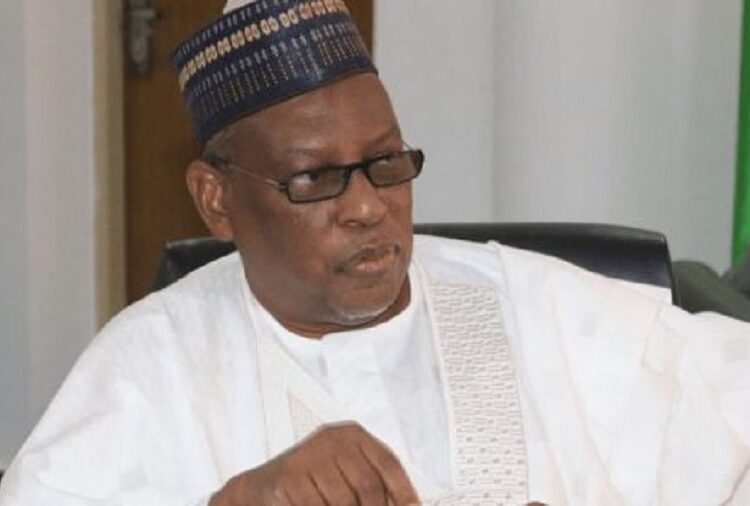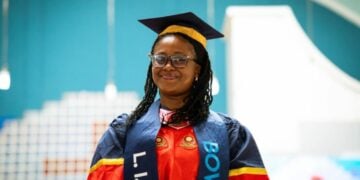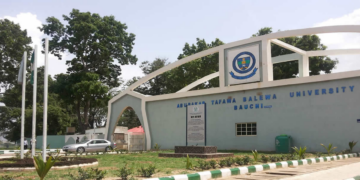The Executive Secretary of Universal Basic Education Commission (UBEC), Dr Hamid Bobboyi has reiterated the commitment of the Federal Government towards the provision of quality and inclusive basic education in the country.
According to him, Nigeria could not attain the Sustainable Development Goal (SDG-4) – Access to Equitable, Quality and Inclusive Education – at basic education institutions in the country without a deliberate commitment to providing access to quality education for special needs people including Nigerian children living with disabilities.
Bobboyi spoke during a capacity building workshop for select teachers on inclusive education delivery in basic education institutions in Nigeria held in three centres, Delta, Kaduna and Nasarawa states.
He disclosed that a total of 382 teachers were selected for the train-the-trainers capacity building in Delta, Kaduna and Nasarawa States respectively, from 382 schools across the country on inclusive education principles, ideologies, and processes.
A statement by the spokesperson of UBEC, Mr. David Apeh on Monday in Abuja, said Bobboyi, thanked the facilitators who have been committed to working with the Commission in the efforts to deliver the content of the capacity building programme to the state officers especially teachers.
Bobboyi further revealed that the Commission had already developed guidelines for the implementation of inclusive basic education in Nigeria, the training manual, and the facilitators guide.
He added that as part of the commitment, the Commission undertook the Needs Assessment that enabled it to document the needs in at least 3 public (126) schools) and 6 private (271) schools totaling 397 schools in the efforts to begin the process of implementation of inclusive education in the country.
He said: “After the Needs Assessment, the many needs documented in the schools included but not limited to the need for the provision of new infrastructure, renovation, special furniture, special education teachers, assistive technologies to ensure total child friendly environment.
“However due to limited resources it would not be possible to address all the challenges identified at the same time. Therefore, the Commission decided to prioritize them, and provision of assistive technologies was first among the list followed by the need for teachers’ capacity building,” he said.





